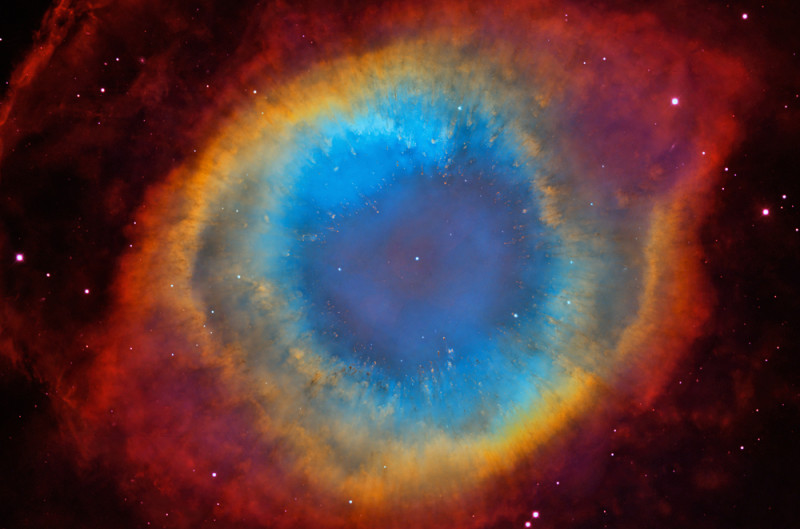A book that became a bestseller in France is reigniting the debate about the relationship between science and religion
There was a time when the idea of God was all-powerful. Then, not so much: Copernicus removed the Earth from the center of the universe. Darwin removed man from the center of evolution. And Freud took us even from the center of our soul. Religious explanations were giving way to greater scientific knowledge. But there are some who argue that things have changed again and that the idea of a creator God is gaining ground again.
The book “Dieu: la science, les preuves” (God: Science and Evidence) of the engineer Michel-Yves Bolloré and the entrepreneur Olivier Bonnassies, argues that modern science is inconceivable without considering the existence of God. In France, the book became a publishing phenomenon, selling more than 250,000 copies!
In their book, Bolloré and Bonnassies strongly criticize today’s materialism and consider some of the scientific discoveries of the 20th century to be “proofs” of God’s existence.
Specifically, they mention The Big Bang theory: to the proponents of a static universe, which has no beginning or end, the Big Bang Theory provides the possibility of a creator God, perhaps not in the literal terms of the Bible, but a creator nonetheless. God does not directly create the things in the world, but creates the world in which things then happen through the laws of nature.
Interestingly, one of the scientists who developed the Big Bang theory, Georges Lemaître, he was not only a cosmologist but also an abbot. The prediction of the Second Law of Thermodynamics that the universe will end in heat death, cold and dark, is also a point in favor of the God argument, according to the authors, who find it “absurd” to be a materialist today.
In short, Bolloré and Bonnassies’ book “proves” nothing. In France, the Jesuit François Euvé published a response to their book entitled “La science l’épreuve de Dieu?” (Science: Is it proof of God’s existence?). He concludes that it is not.
A famous anecdote about the physicist Pierre-Simon Laplace comes to mind, as “El Pais” humorously writes. The scientist went to show Napoleon his discoveries about celestial mechanics (the physical laws underlying the movements of celestial bodies and their orbits).
Intrigued, the emperor asked the physicist what God’s role was in all of this. Laplace replied: “Your majesty, I do not need this case.” If the book of Bolloré and Bonnassies really proved the existence of God, we would probably live through the greatest revolution in human knowledge of all time. But, for now, the positions seem intractable – they are where they always have been – and religiosity seems to have remained in its natural domain: that of faith.
Beyond this book, the relationship between science and religion has always been complicated. Since the scientific revolution, many beliefs that appeared in the various holy books have been debunked, from the movement of the sun and stars to the evolution of species. A major milestone was the trial and conviction of Galileo in 1633. Over time, the conflict subsided, in part, due to the Catholic Church’s acceptance of scientific ideas such as the theory of evolution.
Although one might think that scientists tend towards atheism, this is not the case. For example, Albert Einstein was a theist, embracing the idea that there is a supreme being, but not personal, who is indifferent to our presence and does not intervene in the world. This is not the God of monotheistic religions. This God sounds more mysterious…
In theory, the beliefs of scientists need not influence their positions and research, but it is not that simple. Kepler wanted to be very precise in his work to let the world know how God had done it. Newton believed in the necessary intervention of God so that the solar system would not be disturbed. Einstein tried to put himself in God’s shoes to judge his own theories…
Source :Skai
I am Terrance Carlson, author at News Bulletin 247. I mostly cover technology news and I have been working in this field for a long time. I have a lot of experience and I am highly knowledgeable in this area. I am a very reliable source of information and I always make sure to provide accurate news to my readers.











